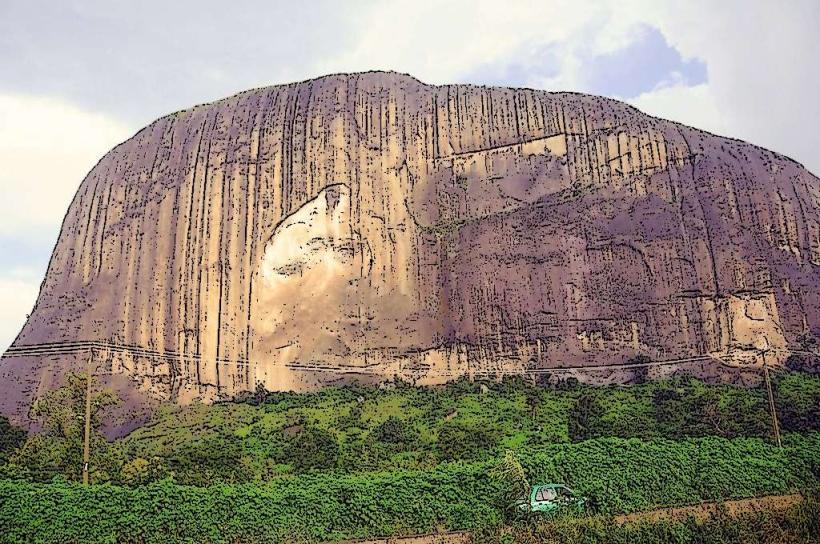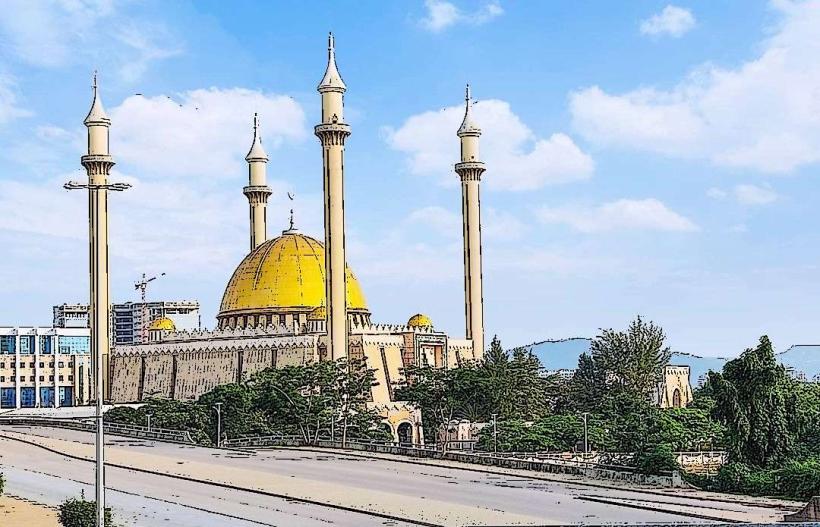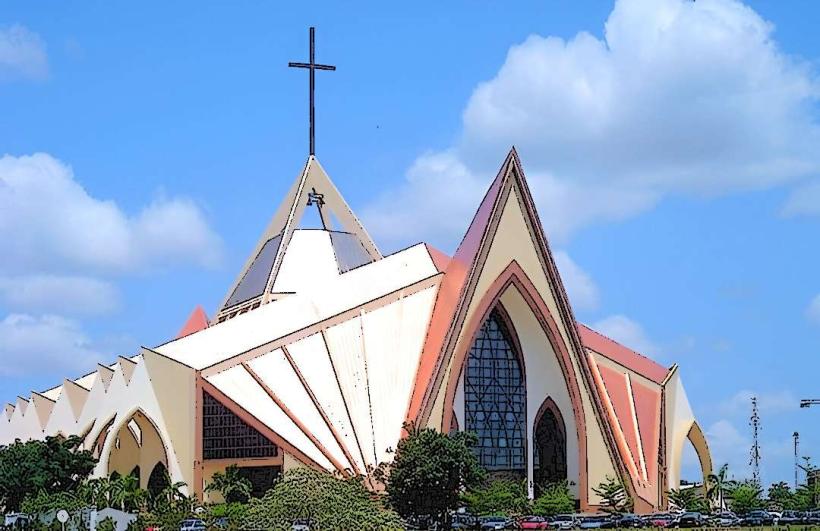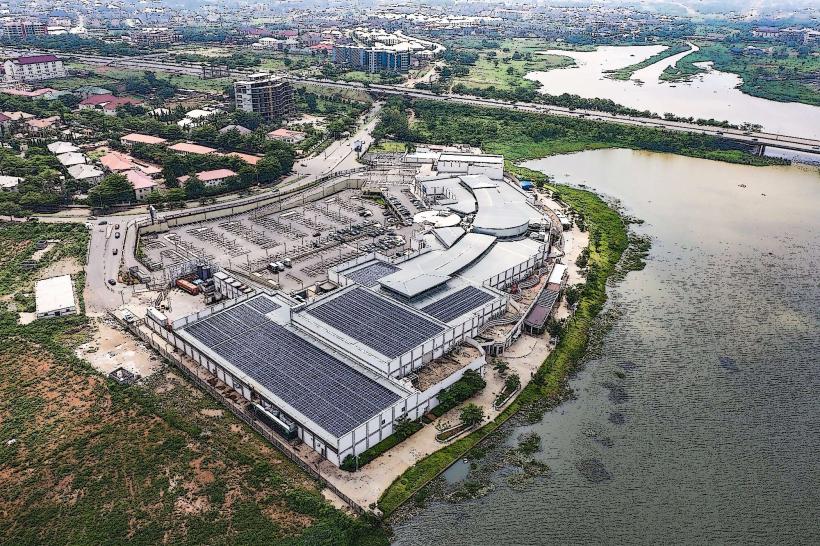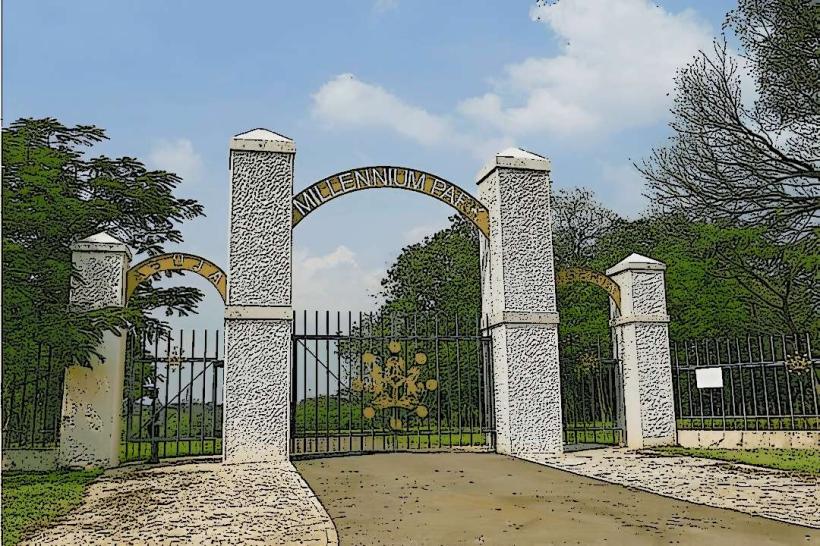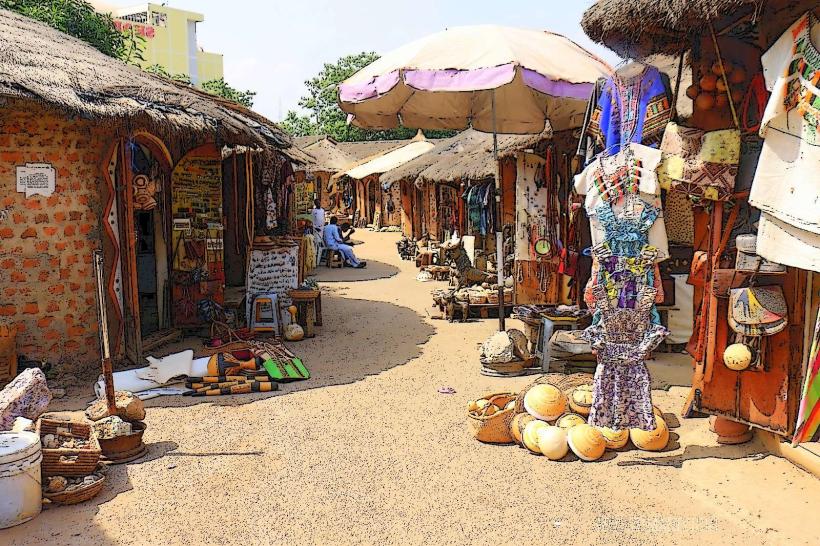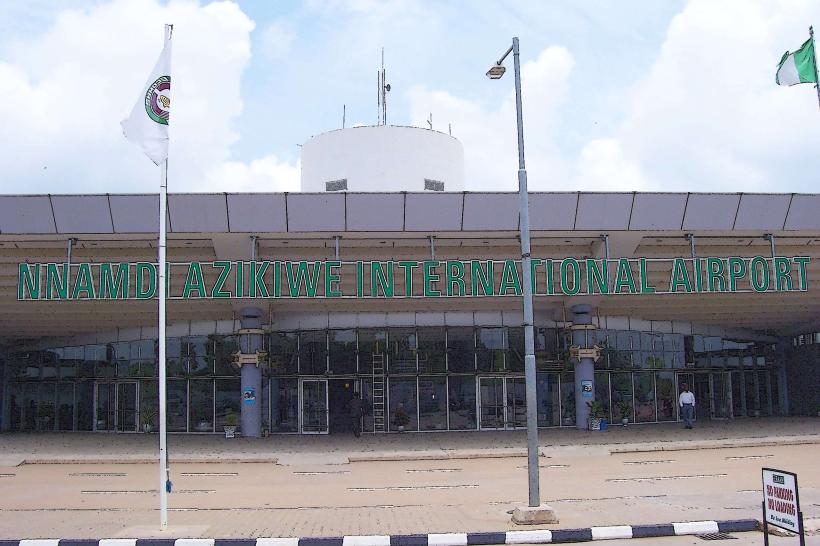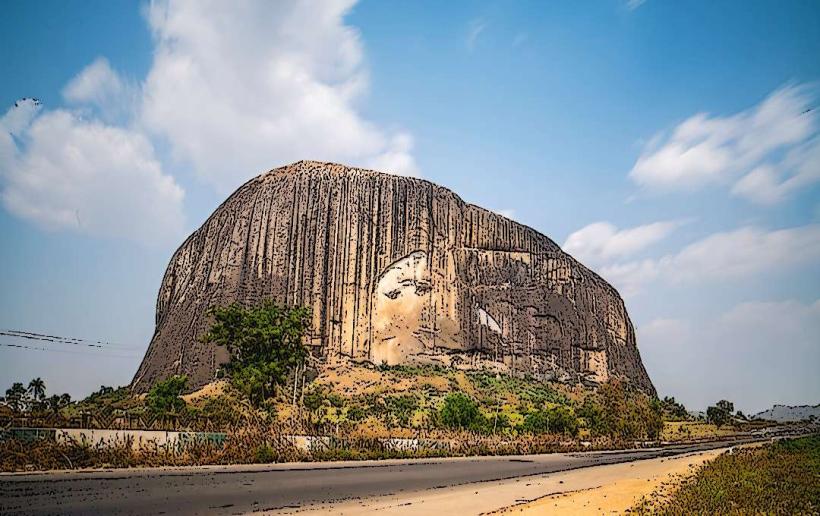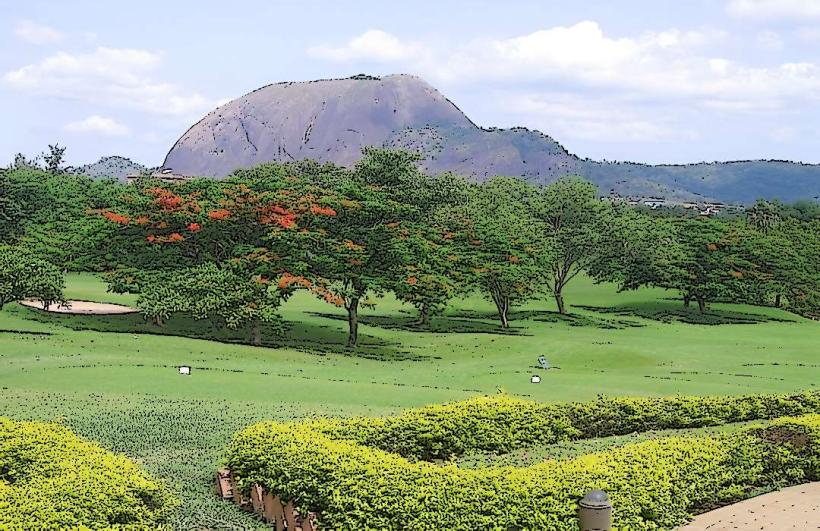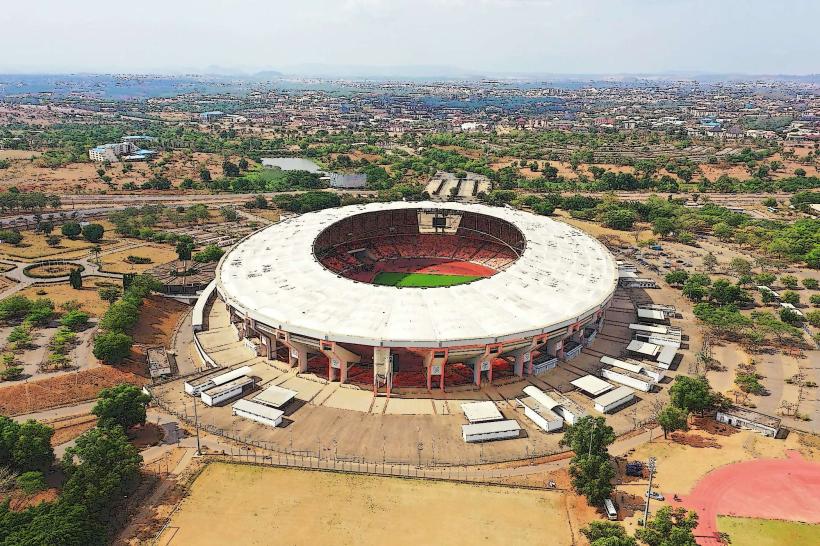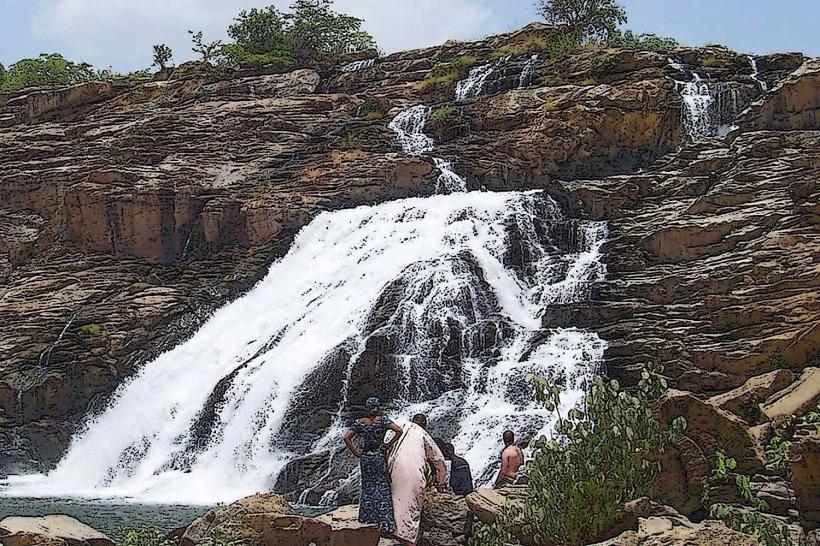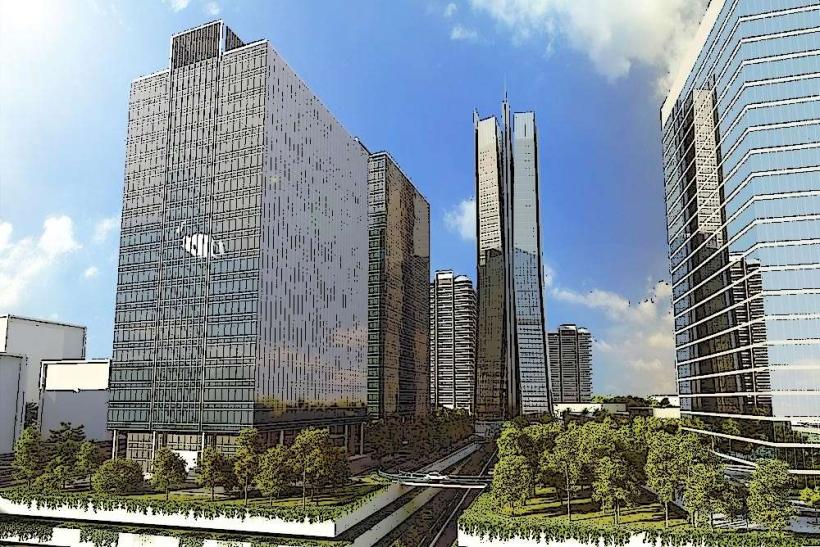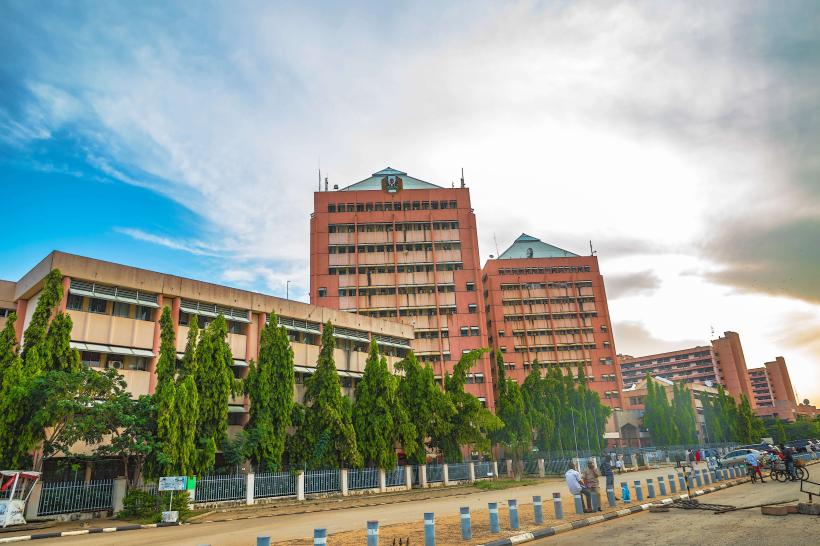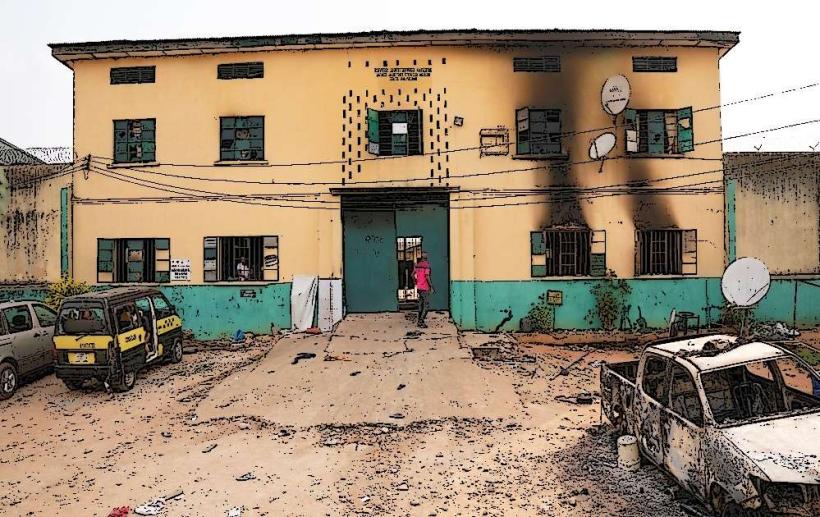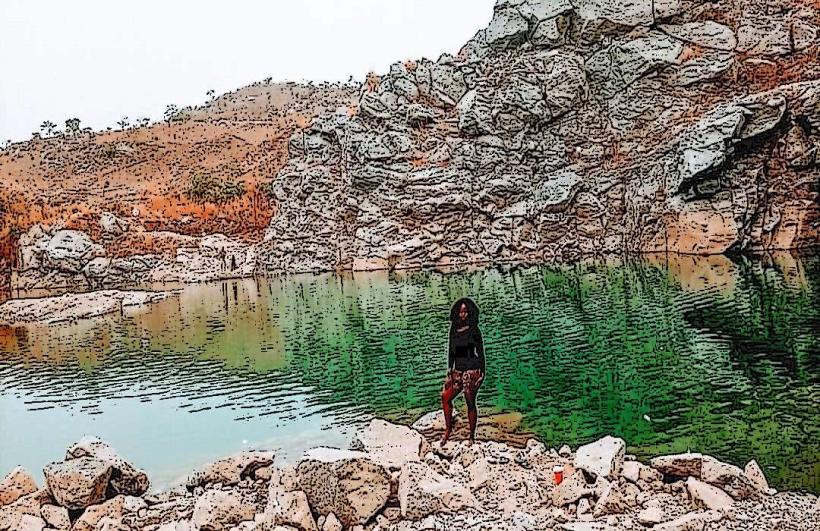Information
Landmark: National Children’s Park and ZooCity: Abuja
Country: Nigeria
Continent: Africa
National Children’s Park and Zoo, Abuja, Nigeria, Africa
The National Children’s Park and Zoo in Abuja, Nigeria, is one of the most popular family-oriented attractions in the capital city. It blends nature, wildlife, and recreation in a secure and scenic environment, making it ideal for children, families, and tourists alike. Below is a detailed breakdown of every major aspect:
General Overview
Full Name: National Children's Park and Zoo Abuja
Location: Asokoro District, behind the Presidential Villa, near Aso Rock
Established: 2001
Coordinates: Approximately 9°4′57″N, 7°31′23″E
Ownership/Management: Federal Government of Nigeria
The park is situated within a secure government area, providing a calm, clean, and relatively well-maintained environment compared to other urban parks in Nigeria.
Wildlife and Animal Exhibits
The zoo section houses a modest collection of wildlife-both native and exotic species-suitable for educational visits. The animals are kept in enclosures, and while it's not a large-scale zoo by international standards, it offers decent diversity.
Wild Animals:
Lions – Often the main attraction; sometimes not always active depending on time of day
Hyenas – Known for their curiosity and distinct vocalizations
Monkeys – Various species, particularly baboons and patas monkeys
Crocodiles – Kept in secured enclosures near the lake area
Pythons and Snakes – Displayed in glass cages
Tortoises – African spurred tortoises often seen roaming freely in small enclosures
Ostriches, Zebras, Camels, Buffaloes
Domestic Animals:
Donkeys
Horses
Camels
Chickens
Rabbits
Goats
There are opportunities for children to observe and learn about animal behavior, feeding habits, and conservation in a simplified form.
Park Features and Attractions
Play and Leisure Areas:
Children’s Playground: Swings, slides, seesaws, climbing frames, and a sand area
Toddler Lane: Specifically designed for very young children
Picnic Lawns: Shaded grassy areas with benches and trees for family gatherings
Lake View: A scenic man-made lake with a view of Aso Rock; not suitable for swimming but offers photo opportunities
Animal Rides and Activities:
Horseback Riding: Available for children at an extra fee
Camel Rides: Occasionally available on weekends or public holidays
Photo Zones: Popular spots for pictures with the background of Aso Rock or animal statues
Facilities and Amenities
Restrooms: Basic but functional; might not always be stocked
Shops/Kiosks: Vendors selling snacks, water, ice cream, and light refreshments
Event Spaces: Areas available for booking small birthday parties or group school trips
Photography Policy: Visitors can take photos freely, but professional photography requires a ₦1,000 fee
Access and Transport
Distance from City Center: About 10–15 minutes' drive from central Abuja
Transport Options:
Private car (most common)
Ride-hailing services (Uber, Bolt)
No formal bus stop within walking distance
Parking: Adequate parking space within the premises
Note: Due to its proximity to the Presidential Villa, access through some gates may be restricted, especially during state events or high-security periods.
Operating Hours and Admission Fees
Open Days: Monday to Sunday (7 days a week)
Hours: 8:00 AM to 6:00 PM
Entrance Fees:
Adults: ₦500
Children: ₦300
Photography Fee: ₦1,000 (for professional cameras or event shoots)
These fees are subject to change and may increase during holidays or peak seasons.
Security and Cleanliness
The park benefits from security presence due to its proximity to national government facilities.
Generally safe for families, but as always, parental supervision is essential.
Cleanliness varies depending on the day and visitor traffic; weekdays are usually better maintained than weekends.
Educational Value
Offers school excursions and field trips for children to learn about wildlife, ecosystems, and nature conservation.
Interpretive signs are limited, so adult guidance or a guide is recommended for educational visits.
Pros and Cons Summary
Pros:
Affordable entrance
Family-friendly
Green space in urban Abuja
Educational for children
Beautiful natural surroundings with Aso Rock backdrop
Cons:
Limited animal diversity
Enclosures need better maintenance
Food options inside the park are minimal
Can be crowded during holidays
Some animals may not always be visible due to feeding times or care schedules

